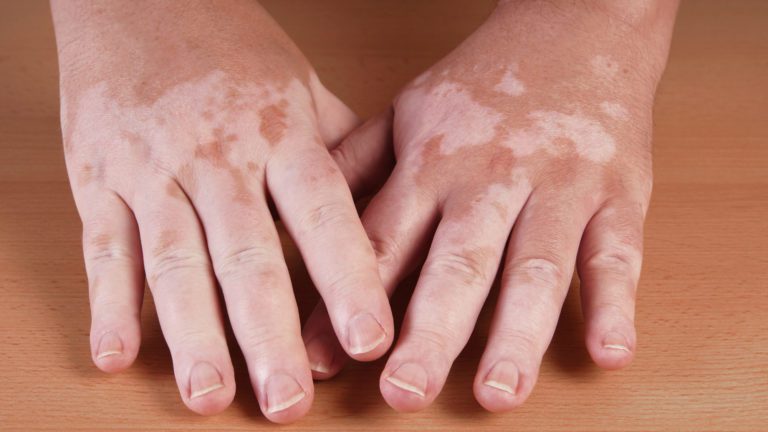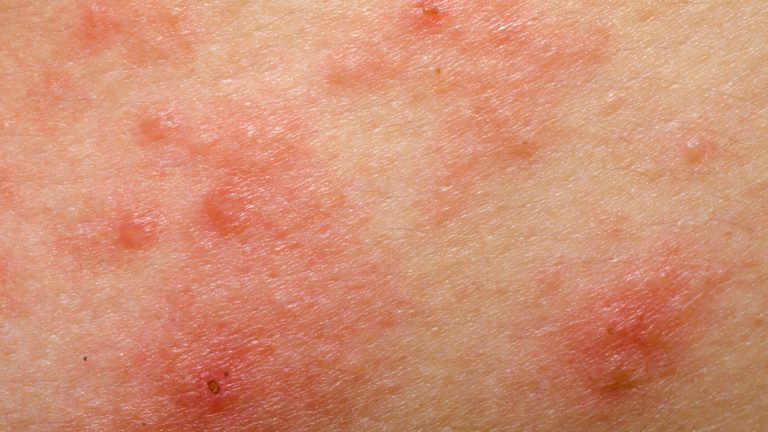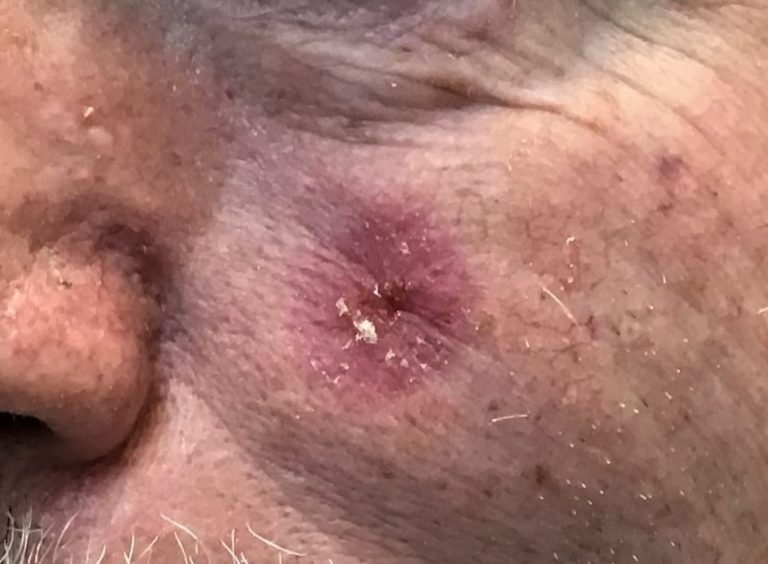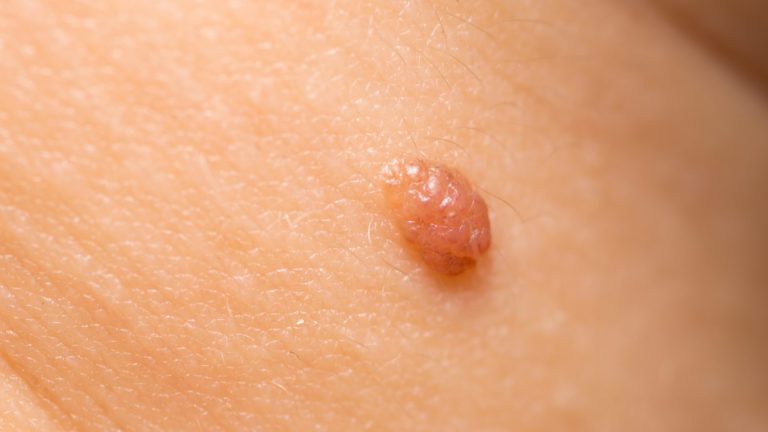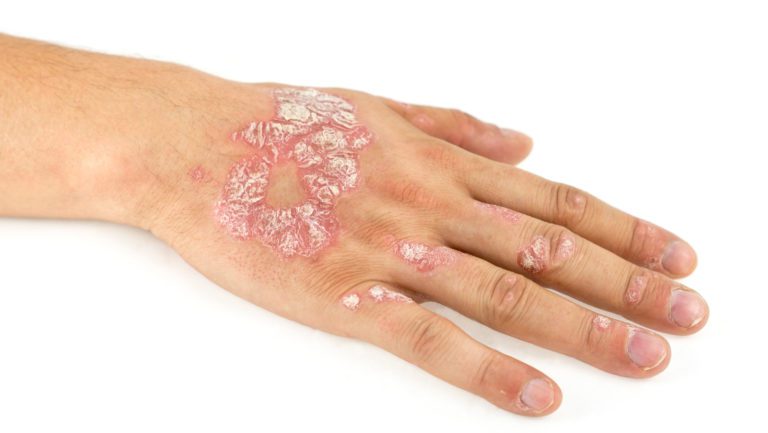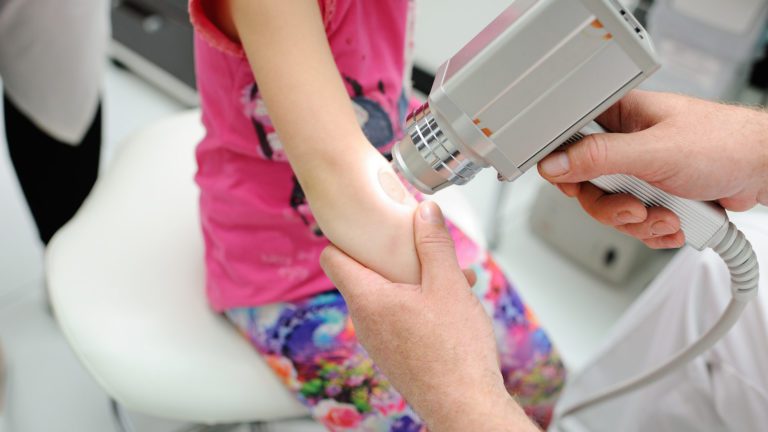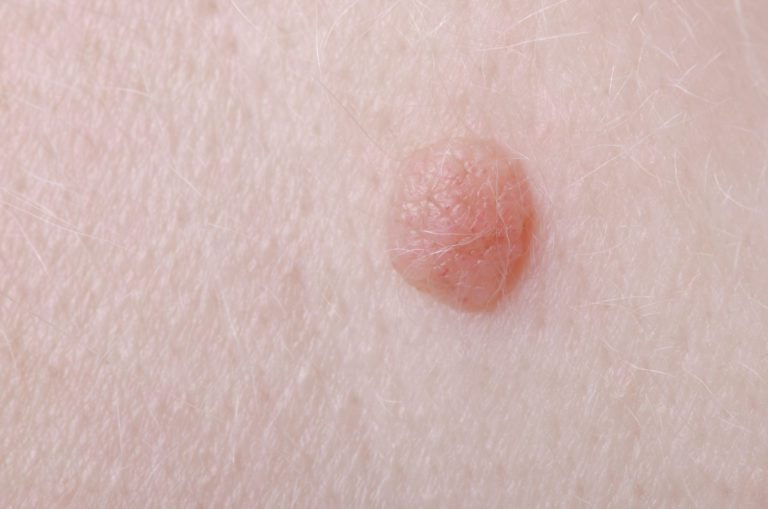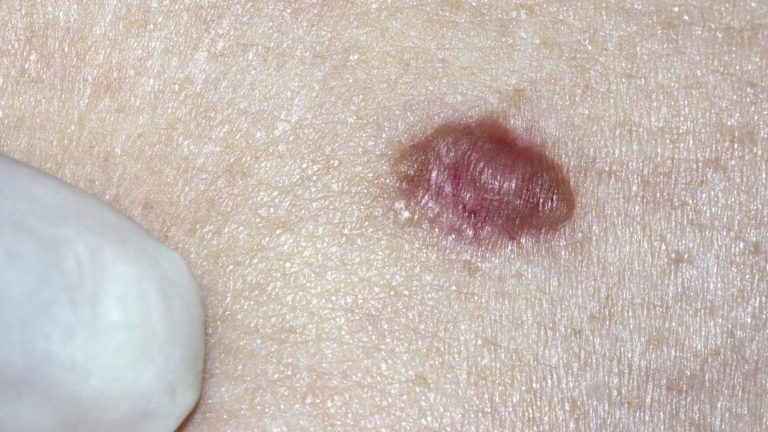
What Does Skin Cancer Look Like on the Skin of People of Color?
The appearance of skin cancer on people of color will vary depending on the type of skin cancer under discussion, since common varieties like melanoma, basal cell skin cancer, and squamous cell skin cancer all look different. Ultimately, the visual signs of skin cancer on darker skin tones are not too different from those that…Read More
